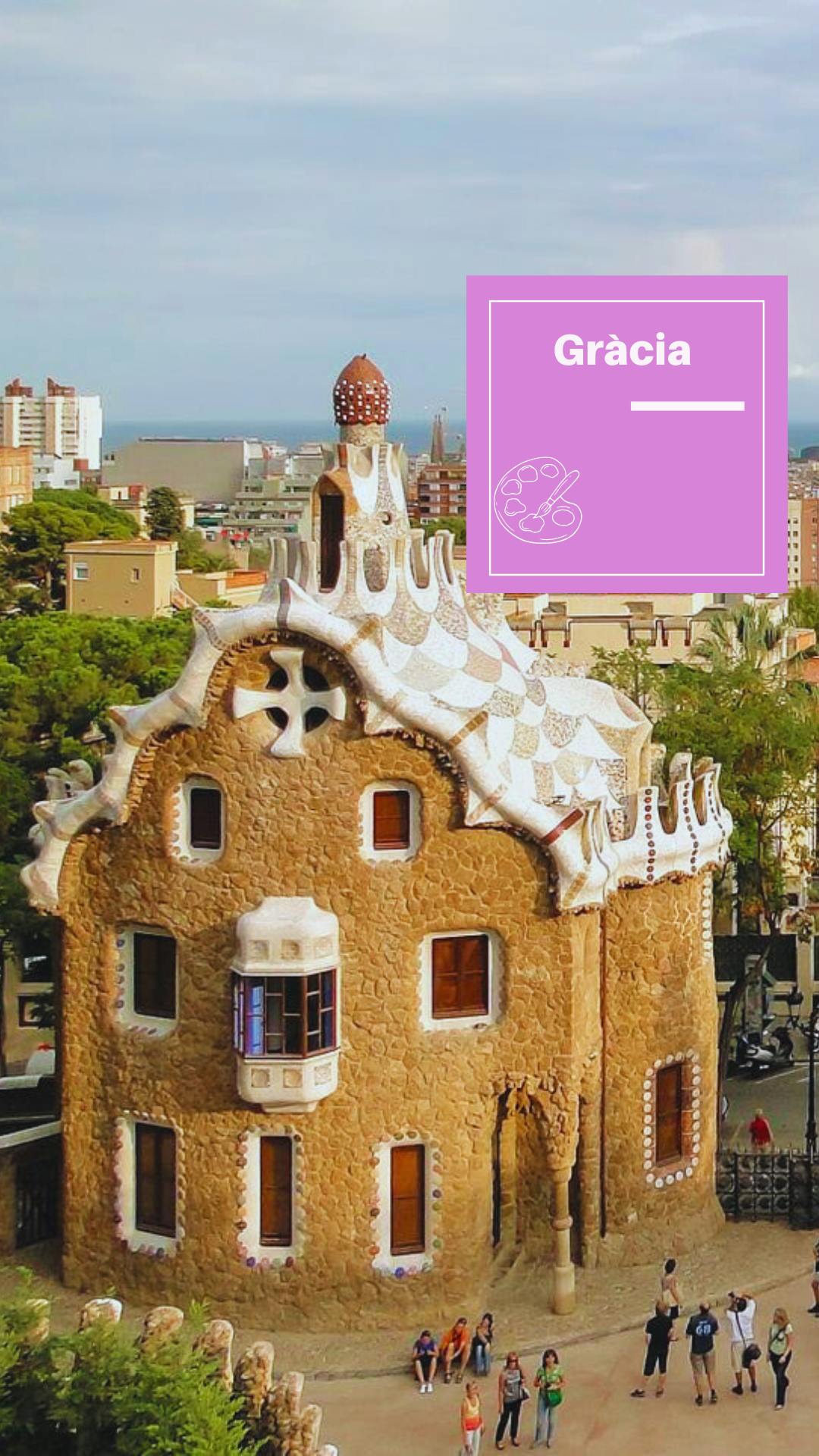Step by step process of buying property in Spain
Buying a property in Spain can be a straightforward process if you follow the necessary steps.

Buying a property in Spain can be a straightforward process if you follow the necessary steps. In MySpot Barcelona we help you navigate through the process and bare with you at any step of it:
1. Find a property: Start by searching for properties that fit your budget and preferences – or let MySpot do the work for you. You can search online for properties listed on popular portals such as Idealista, Habitaclia or Fotocasa and contact MySpot for our extensive archive including properties that are not listed online.
2. Hire a lawyer: Once you have found a property, it is advisable to hire a lawyer or a trusted agency like MySpot Barcelona. We can bring you in touch with our network of trusted legal advisors that will guide you through the legal process. We can help you understand the contracts, negotiate the terms of the purchase, and ensure that the property has all the necessary permits.
3. Obtain an NIE number: An NIE (Número de Identificación de Extranjero) is a tax identification number that is required for all foreigners who wish to purchase property in Spain. You can obtain an NIE number at a police station, a Spanish consulate in your home country or with us for a minimum fee – headache and hassle-free.
4. Make an offer: Once you have found a property you like, you can make an offer to the seller. The offer should best be in writing which the seller has to countersign once accepted, include the price you are willing to pay, any contingencies, and the timeframe for deposit contract (Las Arras) and the deed (Escritura).
5. Sign a deposit contract: If the seller accepts your offer, you will need to sign a deposit contract (Las Arras) and pay a deposit. The deposit is typically 10% of the purchase price and is held in escrow until the sale is completed.
6. Conduct due diligence: Before signing the final deed, you should conduct due diligence on the property. At My Spot Barcelona we verify for you that the property has all the necessary permits, that there are no outstanding debts or liens and do all the documentary checks so you don’t need to worry about anything. If needed, we send an architect for you to do a structural check to avoid unwanted surprises.
7. Sign the deed: Once you are satisfied with the property, it is time to sign the deed (escritura) at a notary's office. The deed is a legally binding document that transfers ownership of the property from the seller to the buyer. At My Spot Barcelona we will prepare any paperwork that you will need to hand in and accompany you to the notary visit.
8. Pay the remaining balance: Once the deed is signed, you will need to pay the remaining balance of the purchase price. Buyers and Sellers banks must be consulted about the preferred form of payment (with cheque, notary's office or via bank transfer via Bank of Spain) and their requirements of closing eventual loans on the property. We accompany you to secure save payments or can do this for you in case you are not in the country.
9. Register the property: Finally, you will need to register the property with the Spanish Land Registry (Registro de la Propiedad) to complete the purchase. Let us do the necessary paperwork for you so you don’t have to work through mountains of paperwork in Spanish.
At MySpot Barcelona we take the headache out of the selling and buying process and guide you through it at every step of the way. Let us know what we can do for you.
Articles

What Is the Beckham Law in Spain and How It Affects Buying Property in Barcelona
Barcelona attracts international professionals for its lifestyle and business opportunities. The Beckham Law is a key factor, influencing not only taxes but also housing and property decisions when relocating to Spain.

A Guide to Fees and Taxes for House Buyers in Catalonia
Aspiring house buyers in Catalonia should be well-informed about the fees and taxes involved in the property purchase process. The Property Transfer Tax (ITP) applies to second-hand properties, while the Value Added Tax (IVA) is applicable to newly constructed or extensively renovated properties. Notary and registry fees, along with legal and administrative expenses, are crucial components of the overall cost. Additionally, buyers should be aware of the potential Stamp Duty for mortgage-related documents.

Good reasons for buying property in Catalonia and Barcelona
People have many reasons to stay in Barcelona and Catalonia. Here are some of them.

The importance of an exclusive contract
Why is a sole representation contract important, for the agency and for the owner? A sole representation (exclusive) sales contract is highly requested by agencies, but often rejected and misunderstood by owners. We explain why this approach is crucial for a successful sales process and what benefits it holds for the owners.

5 Reasons to Trust a Real Estate MLS in Your Next Transaction
Searching for or selling a property can be a challenging process full of uncertainty. However, one key tool is transforming the real estate market in Spain: the MLS (Multiple Listing Service). In this article, we will explore the 5 reasons to trust a real estate MLS in your next transaction and how this network can make a difference.

Step by step process of buying property in Spain
Buying a property in Spain can be a straightforward process if you follow the necessary steps.

Guide to Fees and Taxes for House Sellers in Catalonia
Let's explore the key charges that house sellers should consider when selling a property in Barcelona or Catalonia

What is the "Golden Visa" and how is it obtained?
With the “Golden Visa” you can obtain Spanish residency by purchasing a property. We guide you through the process step by step.

What does a Real Estate Personal Shopper do?
When buying real estate the only one you can trust is your gut. Or is there someone else?

Neighbourhood Guide: El Gótico
Where Barcelona’s Historic Soul Meets Contemporary City Life

Neighbourhood Guide: Gràcia
Where a Bohemian Village Spirit Meets Urban Life

Neighborhood Guide: Sant Antoni
Where Historic Charm Meets Modern Flair

Neighbourhood Guide: Barceloneta
Where a Vibrant Tide Meets Tradition

Neighbourhood Guide: Eixample Dreta
Where Modern Elegance Meets History

Neighbourhood Guide: El Coll
Where Hillside Nature Meets Urban Ease

Our Valuation Methodology: Expert valoration for informed decisions.
Understanding the real market value of your property. To know the real market value of a home, it is essential to know how to calculate that figure before putting it up for sale. This implies having a detailed study of the market to make the correct decisions and achieve the objectives sought by the seller.

Step by step process of buying property in Spain
Buying a property in Spain can be a straightforward process if you follow the necessary steps. In MySpot Barcelona we help you navigate through the process and are with you at any step of it.

To new beginnings
Here we are. Here we start.

The rental price index in Catalonia 2024
The rental price index came into force in Catalonia on March 13, 2024. What does this mean for tenants and landlords? We explain the regulations and effects of the rent index on tenants and landlords.